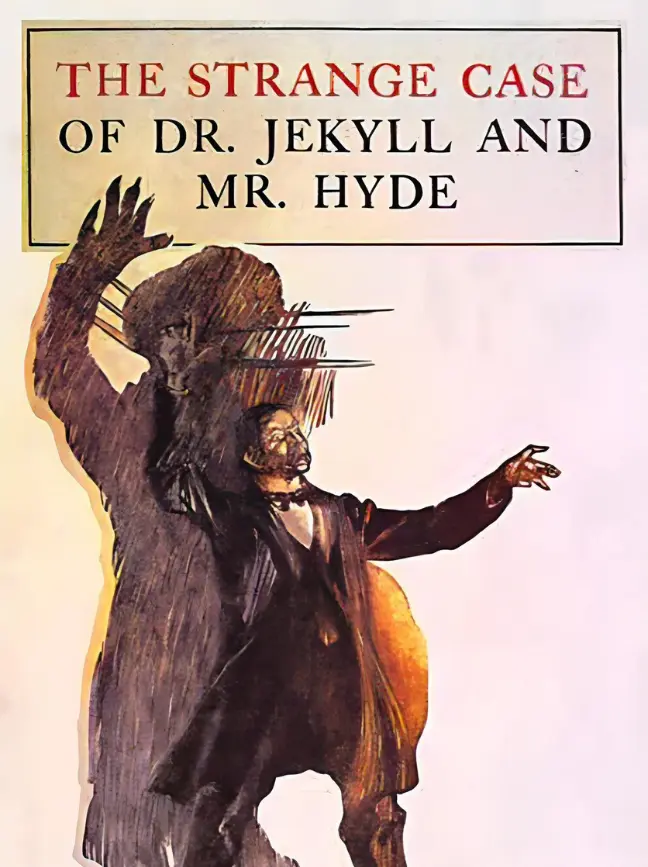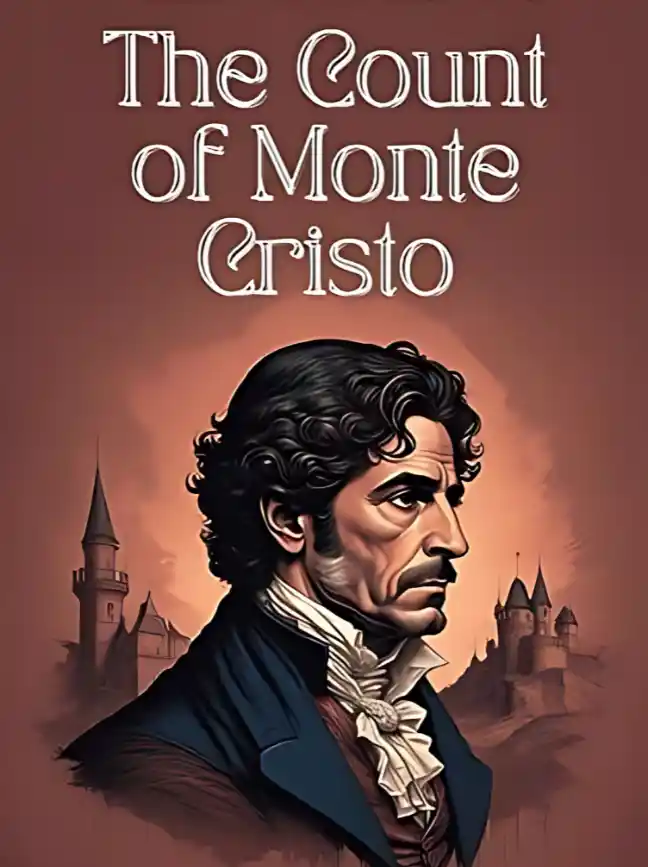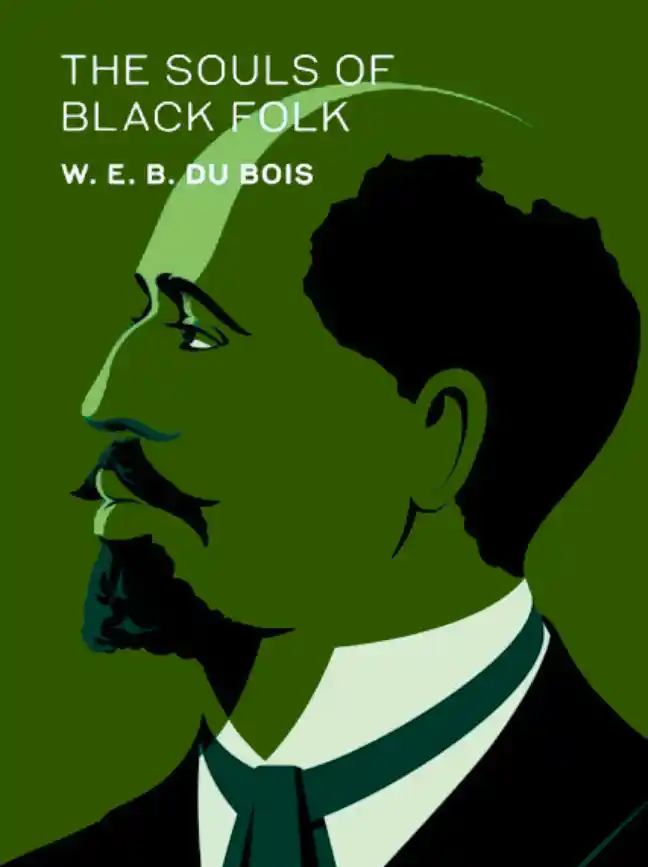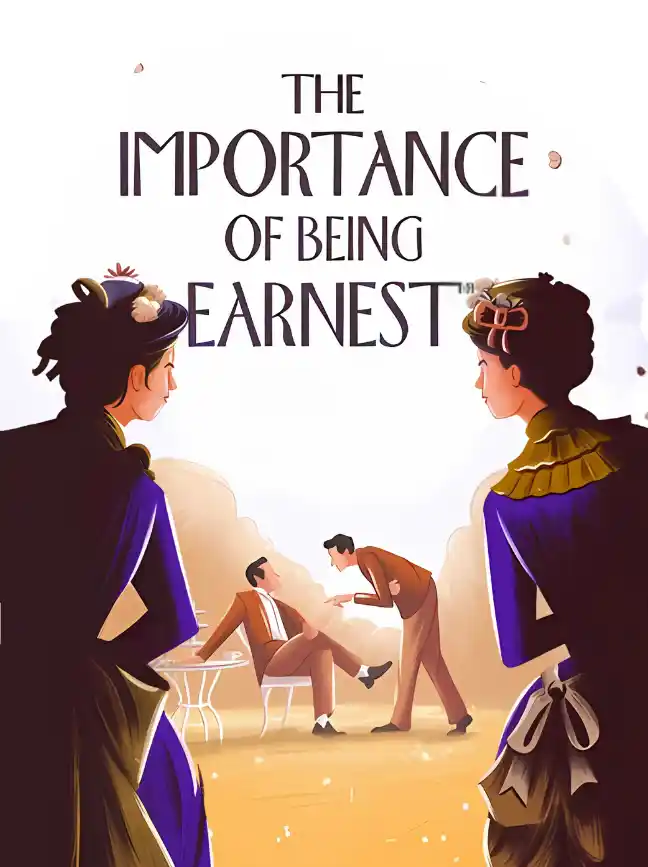Si1as sat behind the wheel of the black Audi the Teacher had arranged for him and gazed out at the great Church of Saint-Sulpice. Lit from beneath by banks of floodlights, the church’s two bell towers rose like stalwart sentinels above the building’s long body. On either flank, a shadowy row of sleek buttresses jutted out like the ribs of a beautiful beast.
The heathens used a house of God to conceal their keystone. Again the brotherhood had confirmed their legendary reputation for illusion and deceit. Silas was looking forward to finding the keystone and giving it to the Teacher so they could recover what the brotherhood had long ago stolen from the faithful.
How powerful that will make Opus Dei.
Parking the Audi on the deserted Place Saint-Sulpice, Silas exhaled, telling himself to clear his mind for the task at hand. His broad back still ached from the corporal mortification he had endured earlier today, and yet the pain was inconsequential compared with the anguish of his life before Opus Dei had saved him.
Still, the memories haunted his soul.
Release your hatred, Silas commanded himself. Forgive those who trespassed against you.
Looking up at the stone towers of Saint-Sulpice, Silas fought that familiar undertow … that force that often dragged his mind back in time, locking him once again in the prison that had been his world as a young man. The memories of purgatory came as they always did, like a tempest to his senses … the reek of rotting cabbage, the stench of death, human urine and feces. The cries of hopelessness against the howling wind of the Pyrenees and the soft sobs of forgotten men.
Andorra, he thought, feeling his muscles tighten.
Incredibly, it was in that barren and forsaken suzerain between Spain and France, shivering in his stone cell, wanting only to die,
that Silas had been saved.
He had not realized it at the time.
The light came long after the thunder.
His name was not Silas then, although he didn’t recall the name his parents had given him. He had left home when he was seven. His drunken father, a burly dockworker, enraged by the arrival of an albino son, beat his mother regularly, blaming her for the boy’s embarrassing condition. When the boy tried to defend her, he too was badly beaten.
One night, there was a horrific fight, and his mother never got up. The boy stood over his lifeless mother and felt an unbearable upwelling of guilt for permitting it to happen.
This is my fault!
As if some kind of demon were controlling his body, the boy walked to the kitchen and grasped a butcher knife. Hypnotically, he moved to the bedroom where his father lay on the bed in a drunken stupor. Without a word, the boy stabbed him in the back. His father cried out in pain and tried to roll over, but his son stabbed him again, over and over until the apartment fell quiet.
The boy fled home but found the streets of Marseilles equally unfriendly. His strange appearance made him an outcast among the other young runaways, and he was forced to live alone in the basement of a dilapidated factory, eating stolen fruit and raw fish from the dock. His only companions were tattered magazines he found in the trash, and he taught himself to read them. Over time, he grew strong. When he was twelve, another drifter—a girl twice his age—mocked him on the streets and attempted to steal his food. The girl found herself pummeled to within inches of her life. When the authorities pulled the boy off her, they gave him an ultimatum
—leave Marseilles or go to juvenile prison.
The boy moved down the coast to Toulon. Over time, the looks of pity on the streets turned to looks of fear. The boy had grown to a powerful young man. When people passed by, he could hear them whispering to one another. A ghost, they would say, their eyes wide with fright as they stared at his white skin. A ghost with the eyes of a devil!
And he felt like a ghost … transparent … floating from seaport to seaport.
People seemed to look right through him.
At eighteen, in a port town, while attempting to steal a case of cured ham from a cargo ship, he was caught by a pair of crewmen. The two sailors who began to beat him smelled of beer, just as his father had. The memories of fear and hatred surfaced like a monster from the deep. The young man broke the first sailor’s neck with his bare hands, and only the arrival of the police saved the second sailor from a similar fate.
Two months later, in shackles, he arrived at a prison in Andorra.
You are as white as a ghost, the inmates ridiculed as the guards marched him in, naked and cold. Mira el espectro! Perhaps the ghost will pass right through these walls!
Over the course of twelve years, his flesh and soul withered until he knew he had become transparent.
I am a ghost.
I am weightless.
Yo soy un espectro … pálido como una fantasma … caminando este mundo a solas.
One night the ghost awoke to the screams of other inmates. He didn’t know what invisible force was shaking the floor on which he slept, nor what mighty hand was trembling the mortar of his stone cell, but as he jumped to his feet, a large boulder toppled onto the very spot where he had been sleeping. Looking up to see where the stone had come from, he saw a hole in the trembling wall, and beyond it, a vision he had not seen in over ten years. The moon.
Even while the earth still shook, the ghost found himself scrambling through a narrow tunnel, staggering out into an expansive vista, and tumbling down a barren mountainside into the woods. He ran all night, always downward, delirious with hunger and exhaustion.
Skirting the edges of consciousness, he found himself at dawn in a clearing where train tracks cut a swath across the forest. Following the rails, he moved on as if dreaming. Seeing an empty freight car, he crawled in for shelter and rest. When he awoke the train was
moving. How long? How far? A pain was growing in his gut. Am I dying? He slept again. This time he awoke to someone yelling, beating him, throwing him out of the freight car. Bloody, he wandered the outskirts of a small village looking in vain for food. Finally, his body too weak to take another step, he lay down by the side of the road and slipped into unconsciousness.
The light came slowly, and the ghost wondered how long he had been dead. A day? Three days? It didn’t matter. His bed was soft like a cloud, and the air around him smelled sweet with candles. tesus was there, staring down at him. I am here, tesus said. The stone has been rolled aside, and you are born again.
He slept and awoke. Fog shrouded his thoughts. He had never believed in heaven, and yet tesus was watching over him. Food appeared beside his bed, and the ghost ate it, almost able to feel the flesh materializing on his bones. He slept again. When he awoke, tesus was still smiling down, speaking. You are saved, my son. Blessed are those who follow my path.
Again, he slept.
It was a scream of anguish that startled the ghost from his slumber. His body leapt out of bed, staggered down a hallway toward the sounds of shouting. He entered into a kitchen and saw a large man beating a smaller man. Without knowing why, the ghost grabbed the large man and hurled him backward against a wall. The man fled, leaving the ghost standing over the body of a young man in priest’s robes. The priest had a badly shattered nose. Lifting the bloody priest, the ghost carried him to a couch.
“Thank you, my friend,” the priest said in awkward French. “The offertory money is tempting for thieves. You speak French in your sleep. Do you also speak Spanish?”
The ghost shook his head.
“What is your name?” he continued in broken French.
The ghost could not remember the name his parents had given him. All he heard were the taunting gibes of the prison guards.
The priest smiled. “No hay problema. My name is Manuel Aringarosa. I am a missionary from Madrid. I was sent here to build a church for the Obra de Dios.”
“Where am I?” His voice sounded hollow. “Oviedo. In the north of Spain.”
“How did I get here?”
“Someone left you on my doorstep. You were ill. I fed you. You’ve been here many days.”
The ghost studied his young caretaker. Years had passed since anyone had shown any kindness. “Thank you, Father.”
The priest touched his bloody lip. “It is I who am thankful, my friend.”
When the ghost awoke in the morning, his world felt clearer. He gazed up at the crucifix on the wall above his bed. Although it no longer spoke to him, he felt a comforting aura in its presence. Sitting up, he was surprised to find a newspaper clipping on his bedside table. The article was in French, a week old. When he read the story, he filled with fear. It told of an earthquake in the mountains that had destroyed a prison and freed many dangerous criminals.
His heart began pounding. The priest knows who I am! The emotion he felt was one he had not felt for some time. Shame. Guilt. It was accompanied by the fear of being caught. He jumped from his bed. Where do I run?
“The Book of Acts,” a voice said from the door. The ghost turned, frightened.
The young priest was smiling as he entered. His nose was awkwardly bandaged, and he was holding out an old Bible. “I found one in French for you. The chapter is marked.”
Uncertain, the ghost took the Bible and looked at the chapter the priest had marked.
Acts 16.
The verses told of a prisoner named Silas who lay naked and beaten in his cell, singing hymns to God. When the ghost reached Verse 26, he gasped in shock.
“… And suddenly, there was a great earthquake, so that the foundations of the prison were shaken, and all the doors fell open.”
His eyes shot up at the priest.
The priest smiled warmly. “From now on, my friend, if you have no other name, I shall call you Silas.”
The ghost nodded blankly. Silas. He had been given flesh. My name is Silas.
“It’s time for breakfast,” the priest said. “You will need your strength if you are to help me build this church.”
Twenty thousand feet above the Mediterranean, Alitalia flight 1618 bounced in turbulence, causing passengers to shift nervously. Bishop Aringarosa barely noticed. His thoughts were with the future of Opus Dei. Eager to know how plans in Paris were progressing, he wished he could phone Silas. But he could not. The Teacher had seen to that.
“It is for your own safety,” the Teacher had explained, speaking in English with a French accent. “I am familiar enough with electronic communications to know they can be intercepted. The results could be disastrous for you.”
Aringarosa knew he was right. The Teacher seemed an exceptionally careful man. He had not revealed his own identity to Aringarosa, and yet he had proven himself a man well worth obeying. After all, he had somehow obtained very secret information. The names of the brotherhood’s four top members! This had been one of the coups that convinced the bishop the Teacher was truly capable of delivering the astonishing prize he claimed he could unearth.
“Bishop,” the Teacher had told him, “I have made all the arrangements. For my plan to succeed, you must allow Silas to answer only to me for several days. The two of you will not speak. I will communicate with him through secure channels.”
“You will treat him with respect?”
“A man of faith deserves the highest.”
“Excellent. Then I understand. Silas and I shall not speak until this is over.”
“I do this to protect your identity, Silas’s identity, and my investment.”
“Your investment?”
“Bishop, if your own eagerness to keep abreast of progress puts you in jail, then you will be unable to pay me my fee.”
The bishop smiled. “A fine point. Our desires are in accord.
Godspeed.”
Twenty million euro, the bishop thought, now gazing out the plane’s window. The sum was approximately the same number of
U.S. dollars. A pittance for something so powerful.
He felt a renewed confidence that the Teacher and Silas would not fail. Money and faith were powerful motivators.






